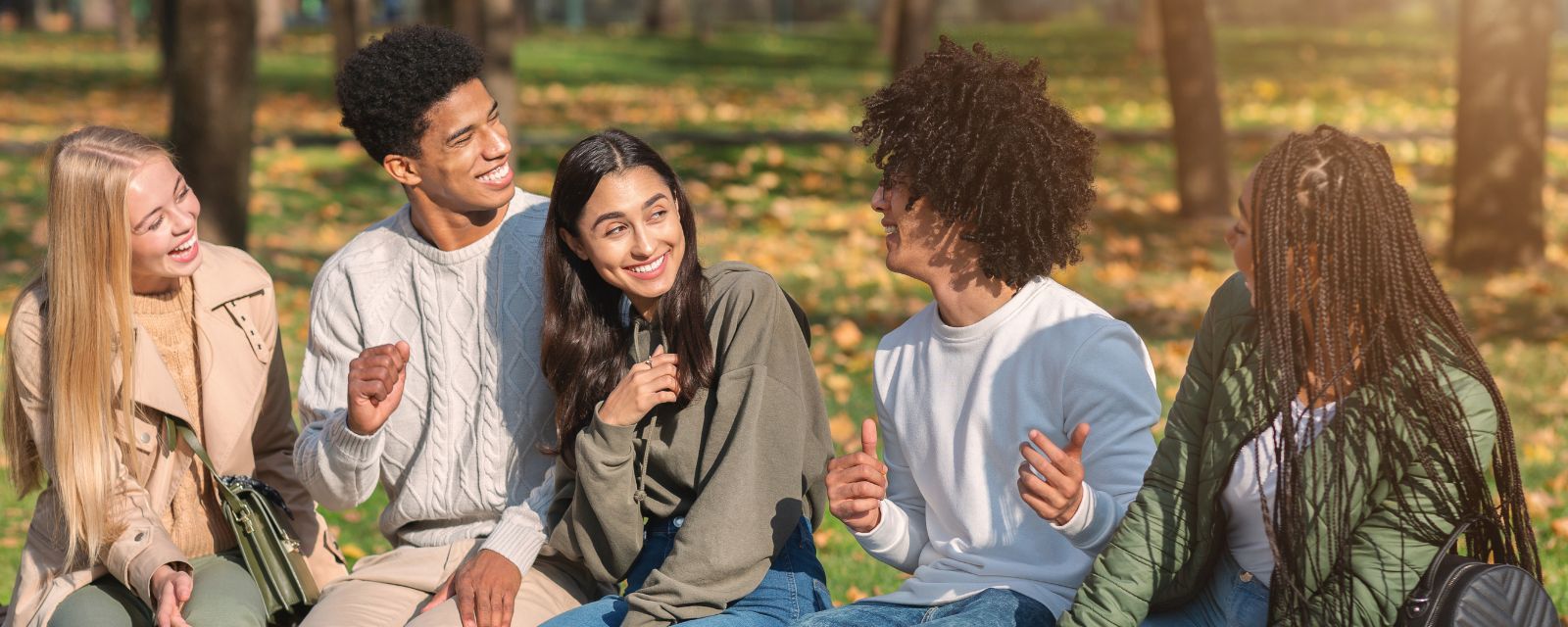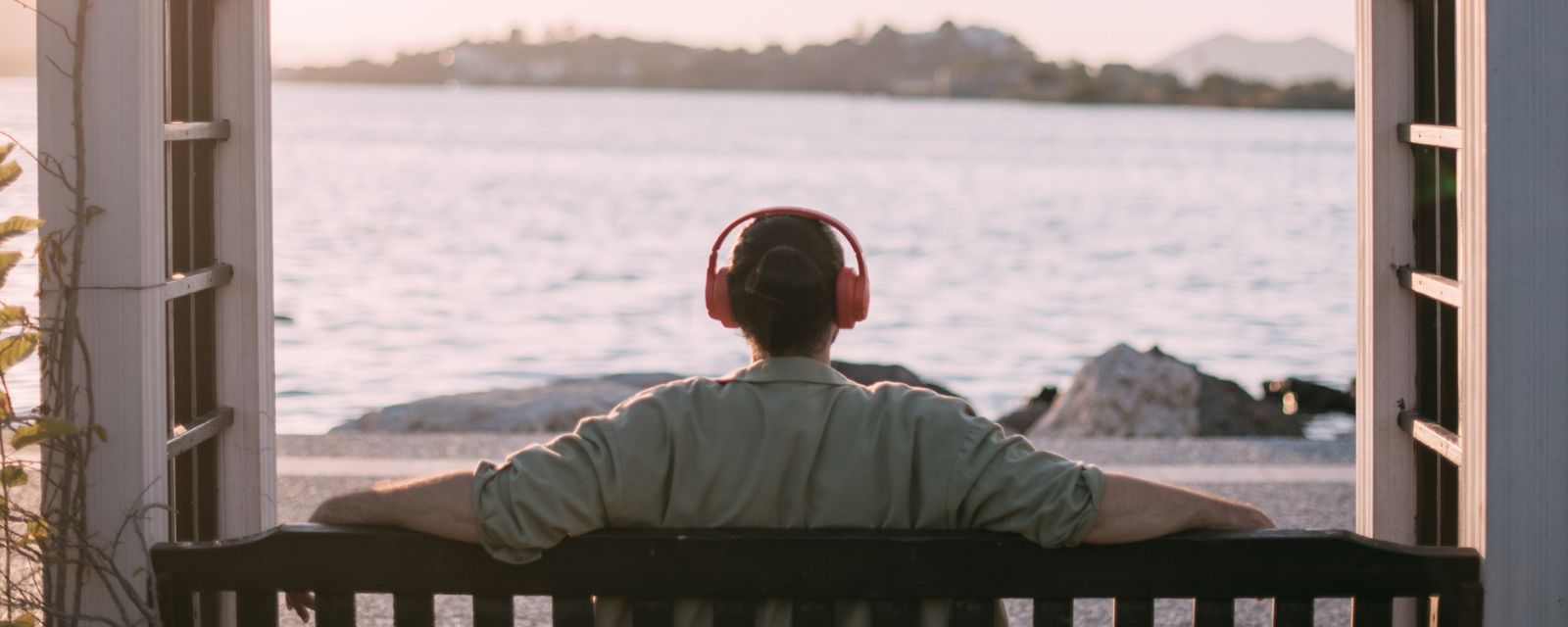Social Anxiety in the Heat of Summer: Causes and Coping Strategies
While summer is often associated with sunshine, vacations, and fun, it can also bring a surprising increase in social anxiety for many people. The seasonal shift can create a perfect storm of stressors like rising temperatures, more social obligations, heightened body image concerns, and disrupted routines. For those who already experience anxiety, these changes can feel particularly overwhelming. Understanding why social anxiety may intensify during the summer is the first step toward managing it with compassion and care.
Social anxiety increases due to a variety of factors including:
Warmer weather:
Increases in temperature can negatively affect mood and sleep and cause an overall increase of irritability. Someone who experiences anxiety symptoms may experience less emotional resiliency in the summer due to these reasons.
Increased social obligation:
During the summer there are often more social interactions due to parties, festivals, concerts, holidays, and other gatherings. There is a higher expectation of social interactions during the summer which may cause triggering and overwhelming feelings.
Increased comparison:
During the summer, there tends to be an increase in social comparison. This can be a triggering time for those who struggle specifically with body image issues as summer is typically the time when there is more skin exposure. Additionally, social comparison could be made through social media and feeling a sense of FOMO (fear of missing out) as many times people are posting about the events or vacations they attend. Check out these other blogs about Summer body pressures and Comparison
Change in routine:
Oftentimes summer time brings a disruption in schedules and routines. Whether it is summer break for school or vacation from work, we can often see changes to our typical days. People with anxiety often struggle if there is a lack of routine as it typically offers them a sense of control and stability. Without consistency in routine, there may be increased uncertainty and stress.
Alcohol and substance use:
In the summertime, alcohol and other substances are commonly consumed at events like festivals, rooftop bars, concerts, or other gatherings. While some use alcohol to relieve anxiety, it can lead to increased anxiety afterward or make social interactions feel more pressured
How to navigate summer anxiety:
Plan ahead and use a calendar
- Rehearse small talk to make yourself feel more comfortable with asking questions
- Plan to go with a friend or family member that makes you feel safe and comfortable
- Plan an “exit strategy” if you do start to feel too overwhelmed
- Use a physical or digital (daily, weekly and/or month) calendar so you can prepare for events better
Find acceptance of your emotions
- Rather than shaming yourself for your emotions, try to find acceptance in the thoughts and feelings that may arise. Rather than forcing judgment on them, try to keep an open mind and just let them come and go.
Practice mindfulness
- Mindfulness is key to finding balance and preserving energy
- Break busy days or large tasks into small accomplishments to stay in the present moment
- Use grounding techniques like deep breathing or 5-4-3-2-1 senses technique
- Bring a fidget or grounding object to a social event

Schedule self care
- Engage in activities that make you feel at peace and more energized
- Making sure you are eating nutritious meals, getting daily movement, and sufficient sleep
- Don’t forget joy and fun are a part of self care so don’t be afraid to laugh and let loose
Set limits on social media
- Reminder that social media is a highlight reel and that comparing yourself to others in that sense causes unrealistic expectations.
Practice saying no
- It can be scary to say no as it might cause feelings of disappointment which can intensify anxiety symptoms. It is important to remember saying no can be a great tool for managing anxiety. Recognizing when you are overwhelmed and choose to care for yourself is an act of self love not selfishness.
Make a routine and give yourself structure
- Find a morning and night routine that helps to lessen stress and anxiety symptoms
- Engage in positive habits to increase well-being on a regular basis (i.e. meditation, journaling, outside walks, exercise, cooking, art and crafts)
Seek therapy
- It’s okay if you are struggling, you are NOT alone. Professional help is there to support you during these times.
If summer tends to heighten your social anxiety, know that your feelings are valid and manageable. With thoughtful planning, healthy boundaries, and a focus on self care, you can reclaim joy, comfort, and confidence during the summer months. Whether it’s finding a grounding routine, limiting social media, or reaching out for professional support, small steps can make a big difference. Navigating social anxiety in the summer can be challenging, but it’s important to remember that you don’t have to face it alone.
References:
All material provided on this website is for informational purposes only. Direct consultation of a qualified provider should be sought for any specific questions or problems. Use of this website in no way constitutes professional service or advice.




